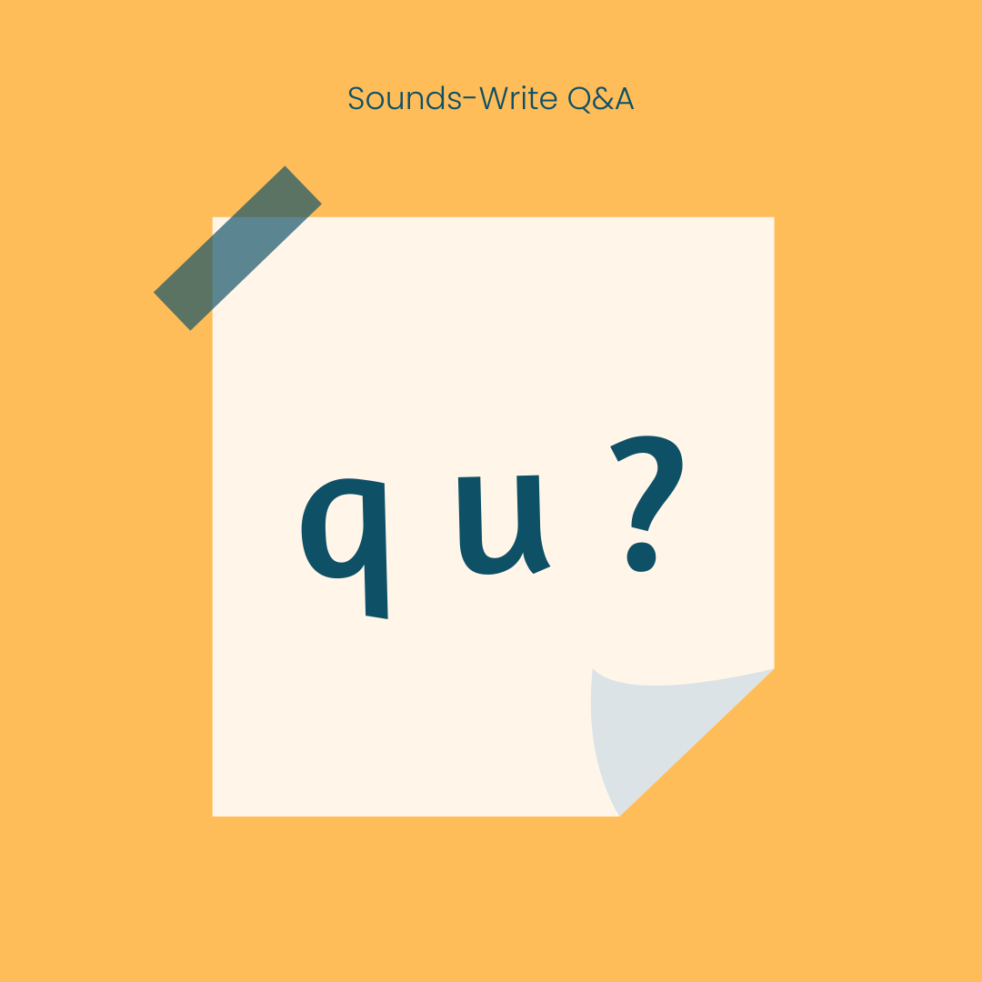Conceptualising the English writing system
What is the alphabetic code or alphabetic principle in the context of teaching children to read and spell? Although there are different ways of explaining the alphabetic principle, at present most definitions only describe the relationship between sounds of the spoken language and the spellings conventionally used to represent those sounds (Stanovich, Progress in Understanding… Continue reading Conceptualising the English writing system








